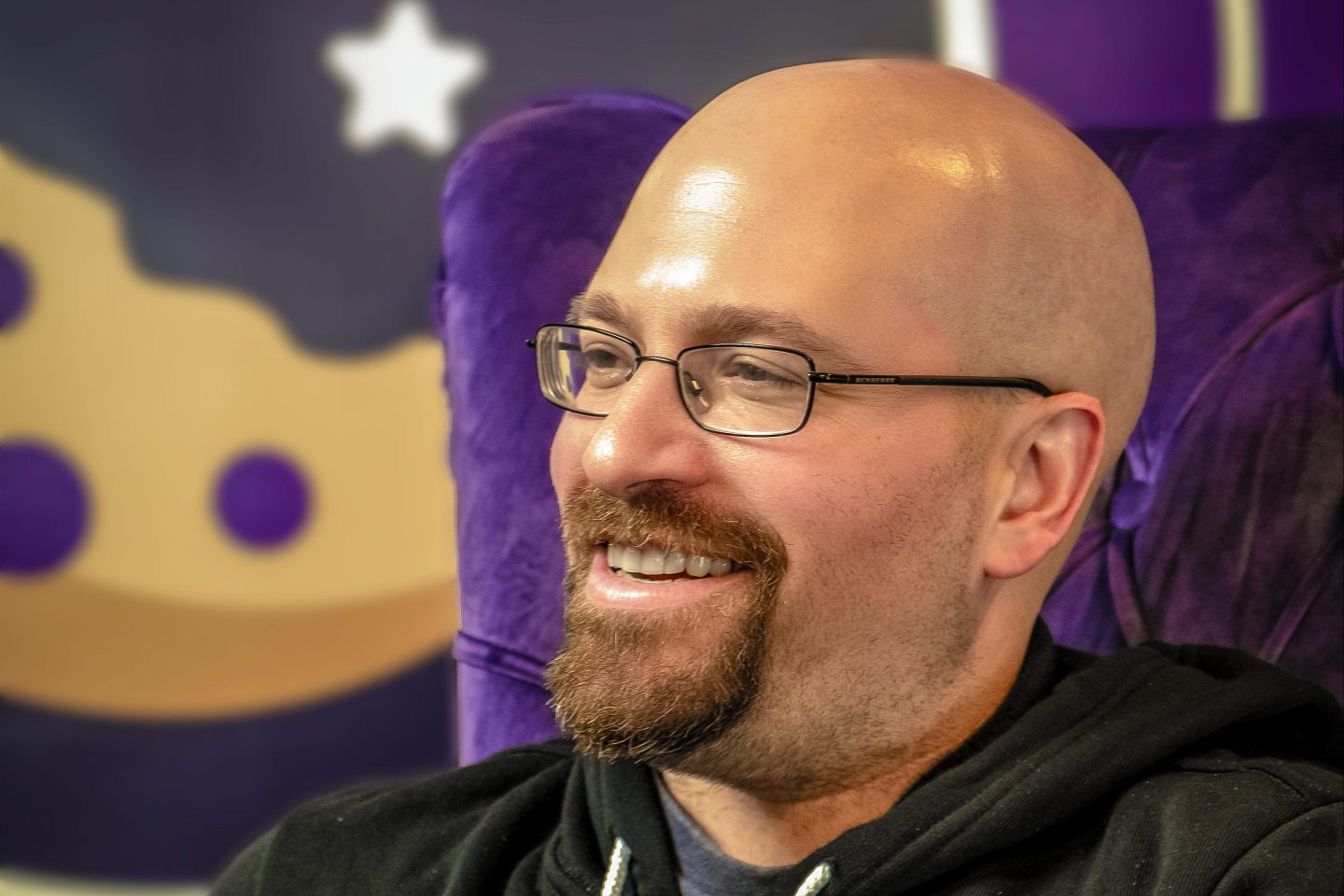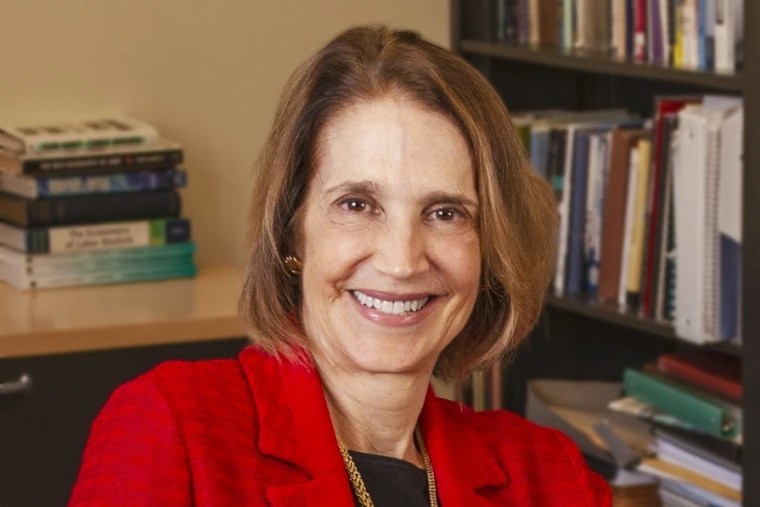Business success comes with many perks—whether it’s raking in millions, gaining critical industry access, or simply feeling proud for scaling up a beloved product. But reaching new heights also comes with some setbacks, according to Insomnia Cookies founder and CEO Seth Berkowitz. Despite making millions and creating a late-night dessert staple for legions of college students, he’s faced some hard truths along his entrepreneurial journey.
“It can be lonely; it’s a solitary life. It really is. [During] the harder times, it’s very solitary—finding camaraderie, mentorship, some sense of community, it’s really important,” Berkowitz tells Fortune. “Because I go so deep, it’s sometimes hard to find others and let them in.”
Berkowitz has been scaling Insomnia Cookies since 2003, when he was a junior studying economics at the University of Pennsylvania. Fast-forward more than two decades later, and his company is now a fixture across U.S. colleges with many of its 350 international stores (and counting) housed on or near university campuses. Delivering warm cookies into the early hours of the morning, with some locations open as late as 3 a.m., it’s a go-to for students coming back from rowdy parties or binge-watching TV in their dorms. And his idea has proved to be immensely successful: In 2018, Krispy Kreme purchased a majority stake in Insomnia Cookies, paying around $139.5 million for 74.5% of the company. Krispy Kreme has since sold off its stake, a transaction that valued the business at $350 million in total enterprise value—about double the worth at the acquisition.
Having launched the company as a young college student, the now 44-year-old CEO had no previous business expertise to predict the ups and downs of entrepreneurship he would be confronted with. And despite achieving great success, it can be lonely at the top. That’s why Berkowitz has increasingly embraced mentorship throughout his career, leaning on the wisdom of Krispy Kreme’s current CEO Josh Charlesworth and ex-chief executive Michael Tattersfield to “unlock some of the power” he didn’t know he had.
“In the last decade or so, I’ve been much more intentional about that: meeting others, getting to know people who’ve done what I want, what I intend to do, or something similar to what I do,” Berkowitz says. “I found that to be really powerful.”
The entrepreneurship life is ‘not for everyone’: Berkowitz cautions against pressure and burnout
Entrepreneurship can be a life-changing gateway to quit nine-to-five jobs forever while securing multimillion-dollar fortunes. And while Berkowitz loves being a CEO and all the responsibilities that come with it, he does caution young hopefuls about the weight of the career.
“I’m an entrepreneur; I’m a growth person. I do love what I do,” Berkowitz says. However, he admits the entrepreneurship life “is really not for everyone.”
“There’s a lot of pressure. I always felt the responsibility of raising capital from others. If you cut me a check, I really not only appreciate it and have tremendous gratitude, but I feel the responsibility to return your money to you, which I’ve been very fortunate to have done with all my investors. There’s a real burden with that.”
Then comes the possibility of burnout and fatigue. While Insomnia Cookies may be worth $350 million today, his company took a turn when the Great Recession hit. Insomnia hadn’t reached profitability yet, and on top of its customers being financially strained, it was difficult to raise capital. Berkowitz says the business’s angel investors couldn’t put their money into “hobby investments” like they once did. It was a dark time for the dessert empire that forced Berkowitz to constantly travel around the country to keep the brand’s then-14 locations alive, with not a lot of profit rolling in.
“There’s certainly the possibility of, it can be not going so well. You don’t want to believe it. You don’t want to own it. There were moments like, ‘Man, I was a little delusional.’ A lot of travel with not a lot of profit,” Berkowitz explains. “There’s real risk of burnout. If you don’t think that’s for you, you should be cautious.”
That stretch of years was hard for Berkowitz and Insomnia, but the company ended up a success. The founder says by playing “the long game” and weathering out those tough years with constant passion and innovation, the business was able to grow into the sweet-treat behemoth it is today.











